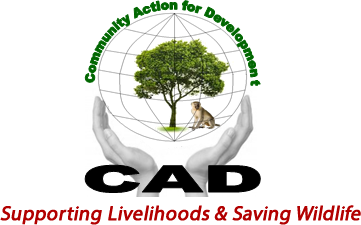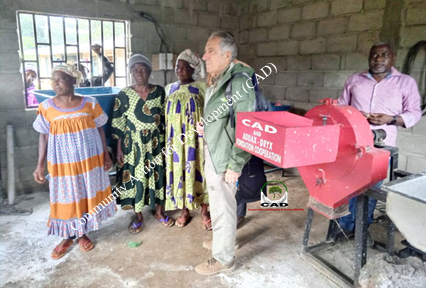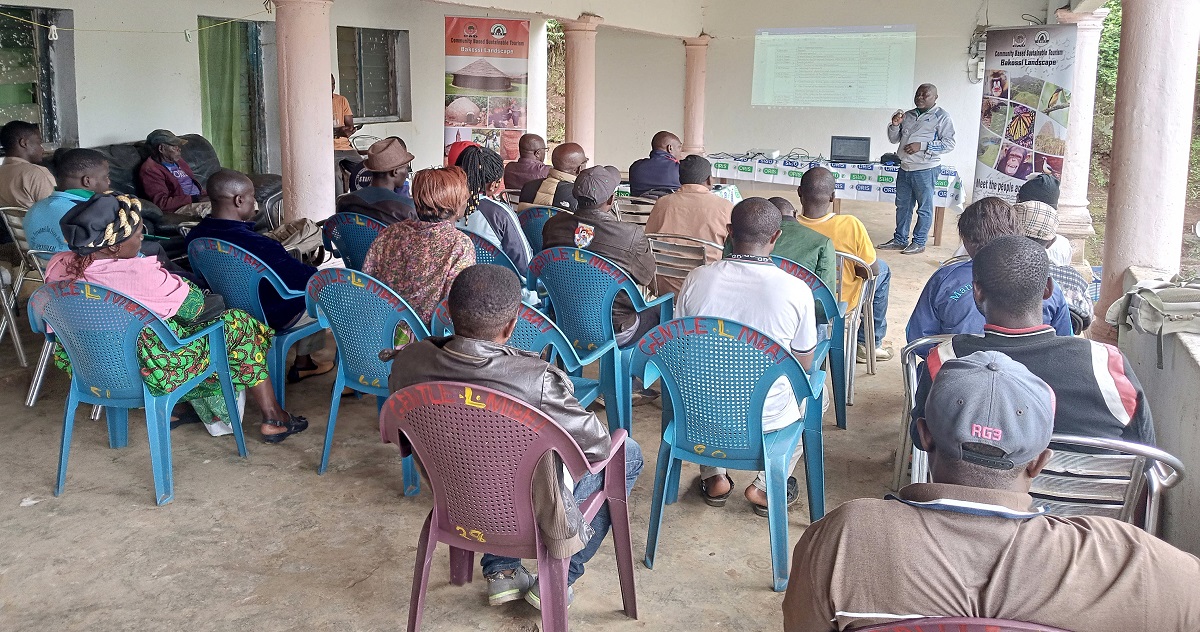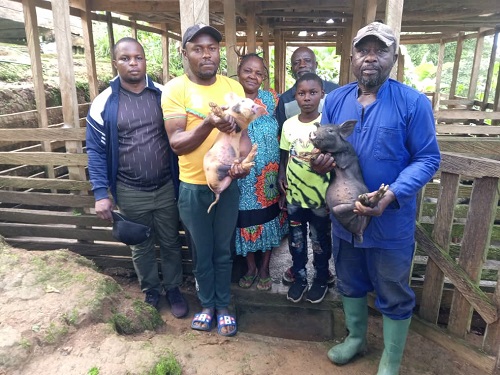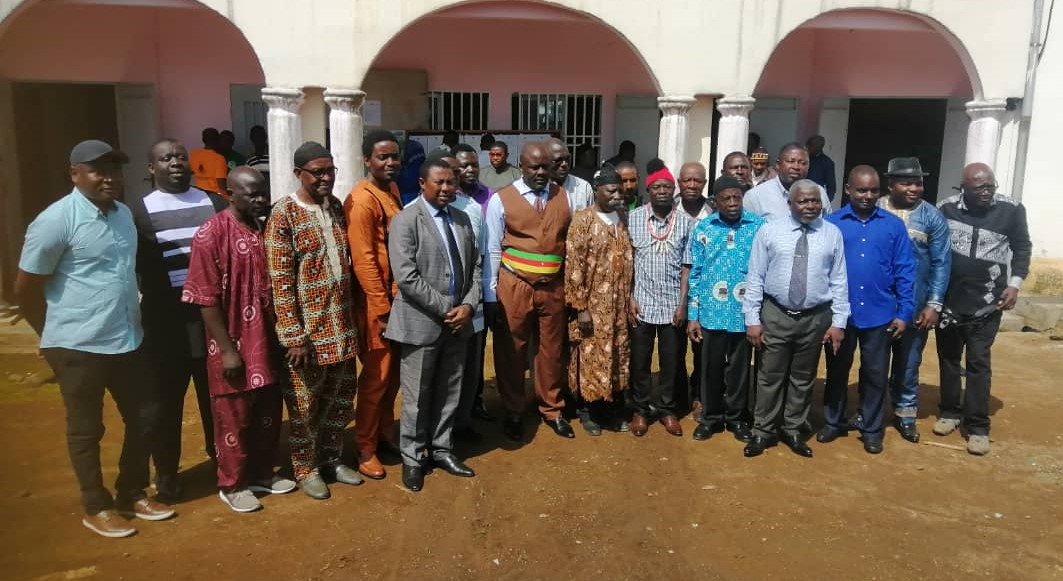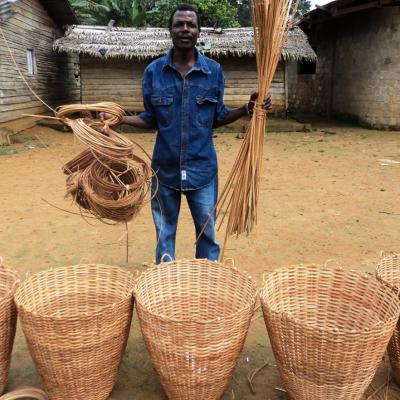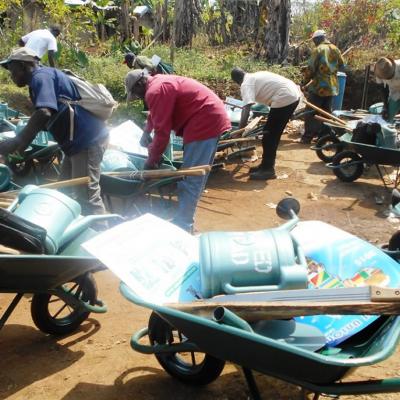In the lush, rolling hills of the Muanenguba highlands, lives the indigenous Mbororos. For generations, they thrived as nomadic cattle herders, their lives intertwined with the rhythm of their herds and the vast open pastures. The Mbororos are known for their resilience and deep connection to their traditional cattle rearing as the sole means of survival. This situation exposes them to the high risk of losing their cattle in case of epidemic outbreak for cattle, thus subjecting them to abject poverty.
Community Action for Development (CAD), a partner CSO to WWF, understood the relevance of Mbororos to diversify their livelihoods. This triggered trip visit to the Muanenguba village. During the visit, one of the Mbororos, Idirisu Adamu, explained; ‘before today, we depended solely on cattle rearing and never new any other economic activity. When the cattle market is low, we hardly had money to buy food and other basic needs to support our families’.
Following an in-depth need assessment, the Mbororos prioritized bee farming and organic gardening as additional economic activities for them. With trainings and guidance from CAD and TOCODEC, the Mbororos are able to couple, bait, install and manage beehives. From 2018 to 2024, the Mbororos have installed 64 bee hives. In 2024, 112litres of natural honey were harvested and XAF 225,000 was generated from the sales of honey.
‘Everyday, we gain new knowledge in beekeeping. In 2022, the we started producing white honey, by placing hives in forest areas dominated by plants species from which bees extract nectar and pollen to produce this type of honey’. we also use a type of plant called bush-four-corner to produce top bars for our bee hives, this helps us reduce the cost of hive construction. All these is thanks to the support of CAD, WWF Cameroon and TOCODEC. (Sulemanu Dewa, Chief of Muanenguba).

